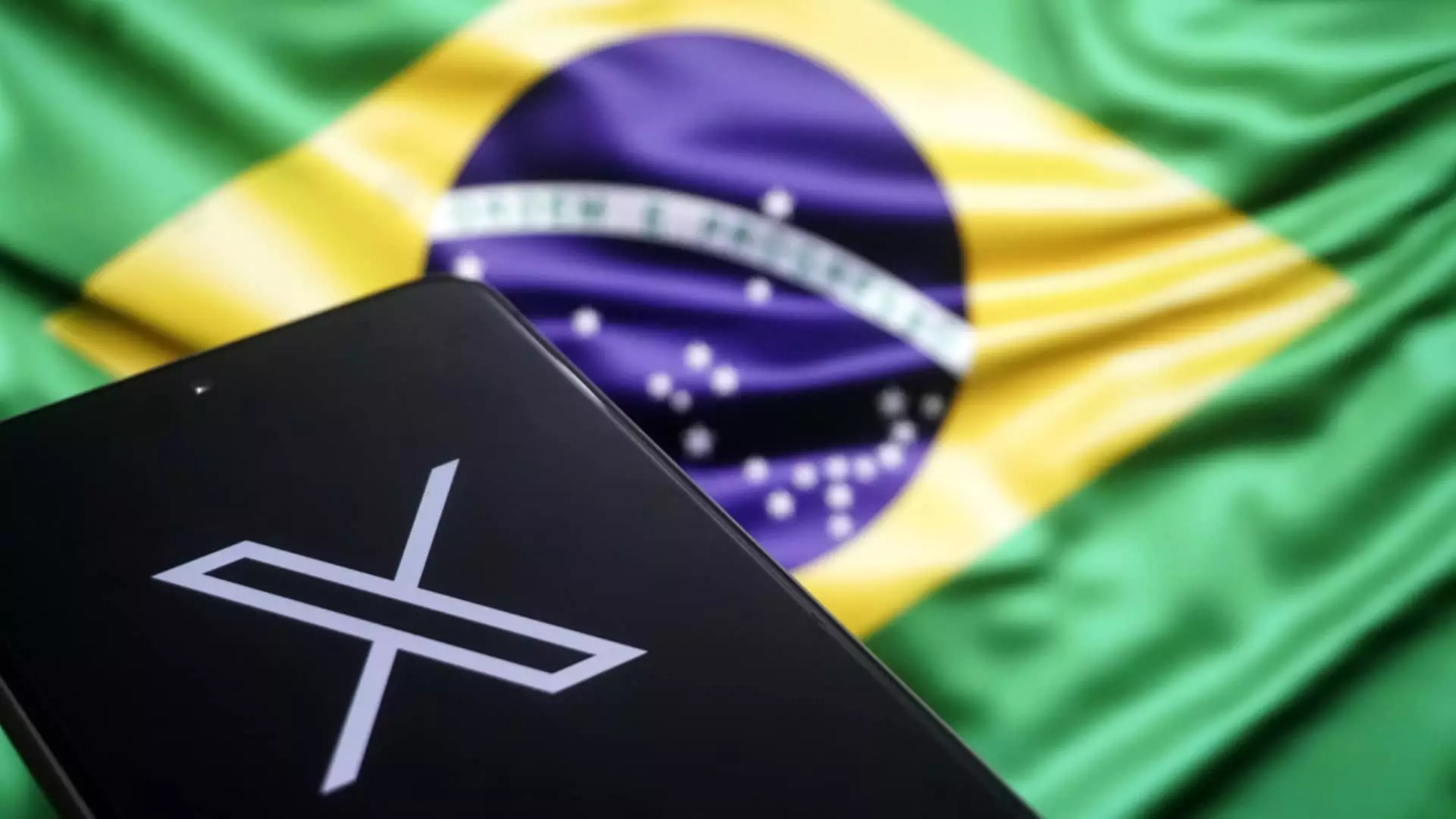After months of tension, Elon Musk’s X has returned to the Brazilian digital landscape, marking an important moment in both the platform’s history and in Brazil’s complex relationship with social media regulation. The platform, which was suspended in August following a court order from Supreme Court Minister Alexandre de Moraes, faced legal challenges as it resisted stipulated guidelines intended to curb hate speech and misinformation within the country. The suspension prompted a critical examination of digital free speech versus legal compliance in a nation grappling with the ramifications of social media influence in politics.
The Court’s Requirements and Musk’s Resistance
The conflict unfolded as Musk’s company skirted various legal directives, notably the demand to ban specific user accounts and remove content deemed harmful by the court. Brazil’s stringent internet regulations reflect an effort to shield democratic integrity, demanding compliance from tech platforms regarding local content governance. Instead of aligning with these expectations, Musk opted for a confrontational approach, even shuttering X’s Brazilian headquarters and forgoing the appointment of a legal representative—a move that illustrated his defiance but ultimately led to mounting pressure from investors and regulatory bodies.
With increasing pressure, including the threat of daily fines and the freezing of operational accounts, Musk’s position became untenable. Reports indicated that investors in his companies were advocating for compliance with Brazilian law, signaling a shift in strategy. On the brink of severe financial consequences, Musk eventually conformed to the court’s stipulations, allowing X to relaunch its services in Brazil. The Supreme Federal Court acknowledged this change, affirming that X met the necessary conditions for reintegration into the Brazilian market.
Shifting User Dynamics
During X’s absence, rival platforms like Bluesky and Threads capitalized on the opportunity, attracting millions of users who were eager for social engagement. This shift underscores the dynamic nature of social media and the potential volatility of user allegiance. The brief suspension showcased just how quickly user demographics can fluctuate based on the actions of a platform, raising questions about user loyalty and the influencers that drive these trends.
In re-entering the Brazilian market, X has proclaimed its commitment to upholding free speech while adhering to legal frameworks. The dichotomy between personal liberties in expression and the constraints imposed by governmental regulations will continue to present challenges as social media platforms navigate international laws. As X turns a new chapter in Brazil, it remains to be seen how effectively it will balance these competing interests, and whether its previous confrontational stance will give way to a more cooperative approach in the long term.
Clearly, the path forward for X in Brazil will require a delicate balance of operational strategy, local regulations, and the ever-evolving landscape of digital communication.


Leave a Reply